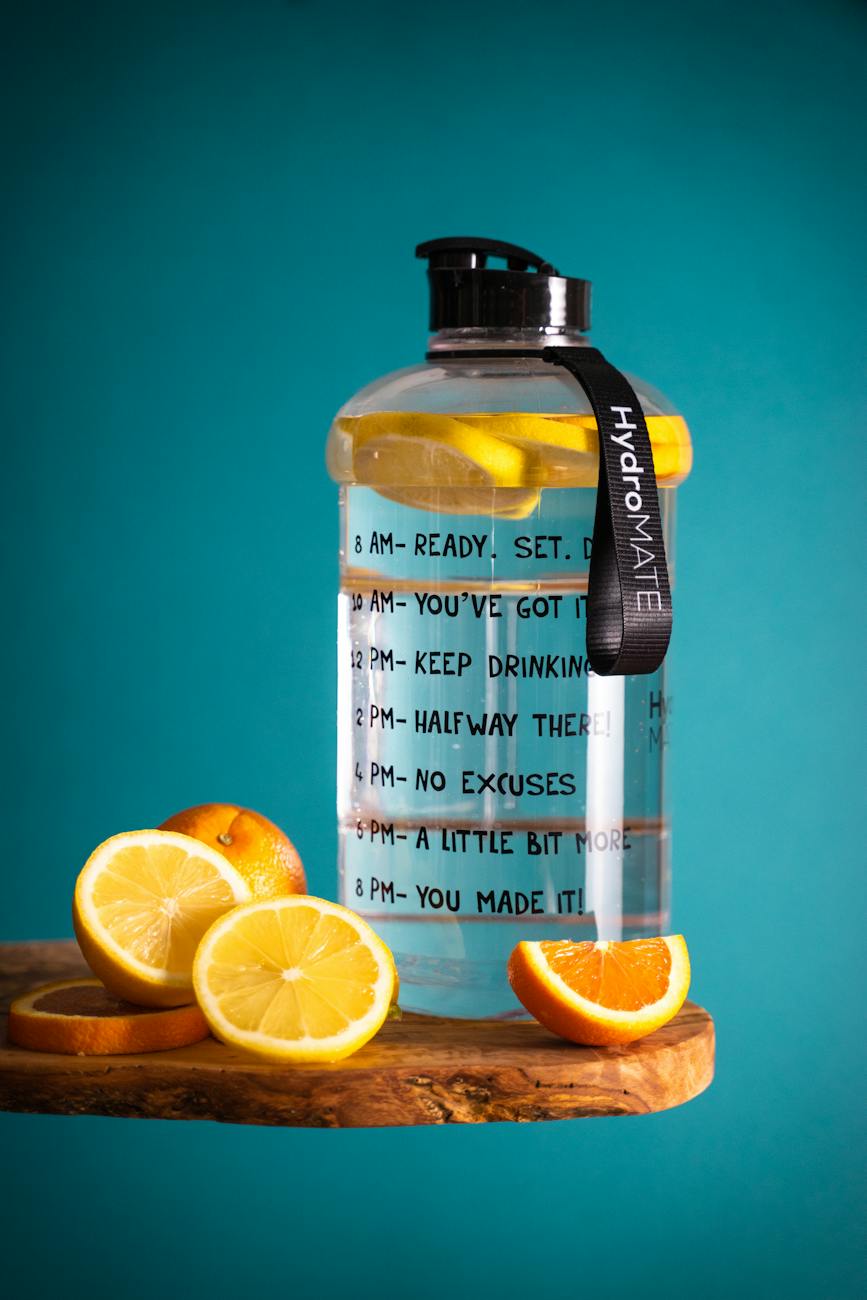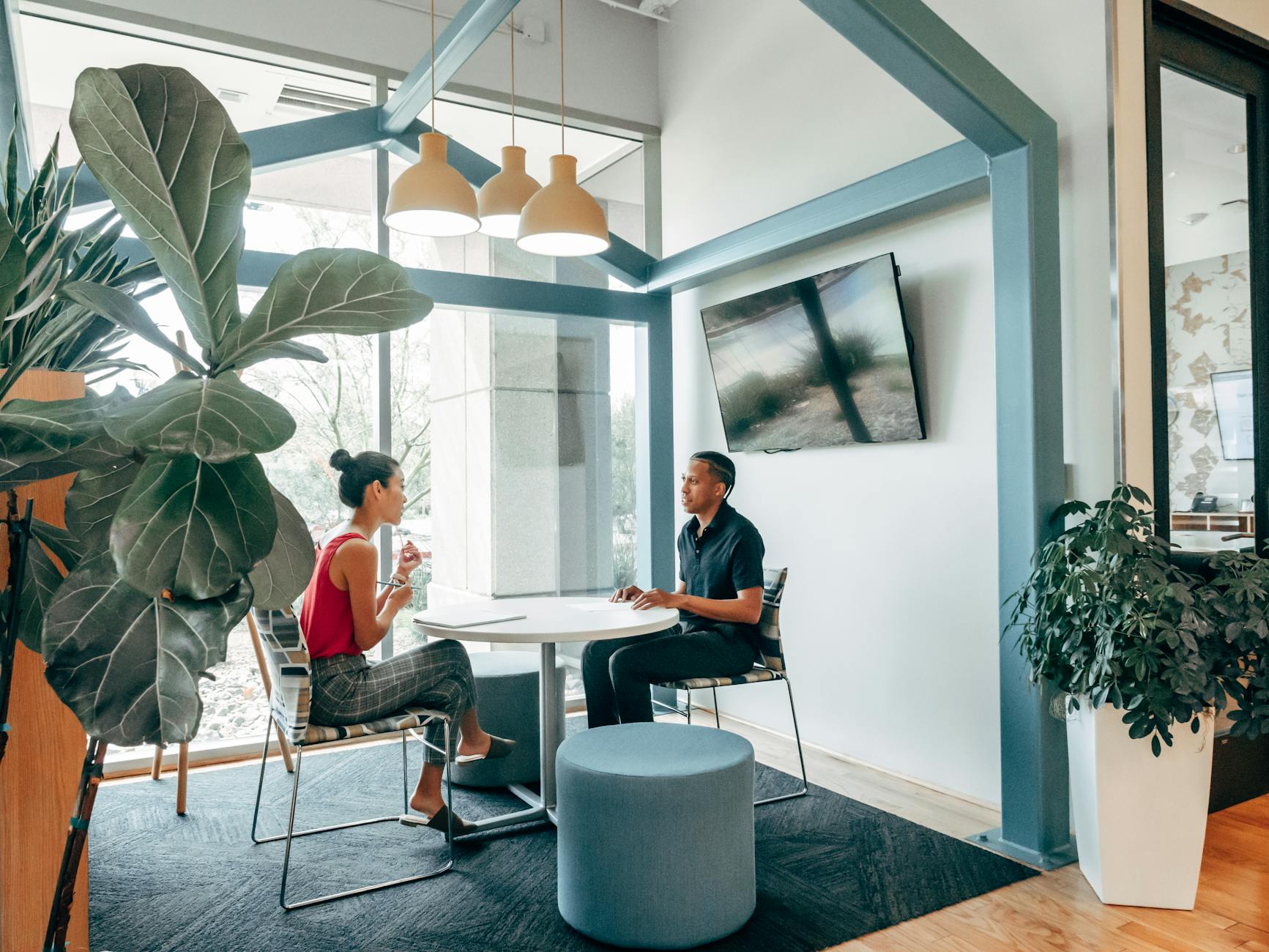Greetings and welcome new a new, yet belated, Flute “Friday.” I had a completely different topic planned for this week until I attended a meeting yesterday where we discussed how best to prepare for grad school interviews. I was reminded that my experience outside of music at a day job in HR, coupled with my background as a mentor in a University staff mentoring program, and my personal climb up the staff payroll ladder over the past decade, has left me with a bit of expertise when it comes to interviewing. Interviewing is a skill required for entry into numerous industries, including teaching at schools and universities and performing in orchestras and other groups. You may have great playing chops but are you a fit for an organization? That is what an interview attempts to uncover. In today’s blog, I will be discussing some of my best kept interviewing tips. Keep these handy for the next time you are called into a conference room to explain why you are the best flutist for a position.

If you resonate with any of the below tips, and want to connect more with me to discuss future career goals and the best way to move forward in your flute career, please sign up for my Flute Life Coaching program (new for 2024!). We cover whatever pain points or hurdles you may be facing in your career, and explore strategies to tackle next steps on 1:1 sessions conducted over Zoom. Check it out here: https://racheltaylorgeier.org/instruction/flute-life-coaching/

Dr. G’s Interviewing Tips
First Thing’s First – The Basics. You will be nervous – this is just a reality of the process. It is not easy to face a committee whose primary objective is to judge you as a fit for their organization. Basic prep work will help to an extent, but the jitters will still likely be there on the day of the interview. Practice basic grounding breathing exercises. One that I love is to breathe in for four counts, hold for four counts, exhale for four counts, hold for four counts, and repeat. You can even attach stickers to your water bottle to trace with your fingertip as you practice this exercise (https://amzn.to/4997wzr **affiliate link**). This is also a great opportunity to practice Meridian Tapping Techniques to tackle those nerves (Please see the slides from my short 5-minute presentation from the National Flute Association for a basic how-to guide on incorporating Meridian Tapping Techniques into your practice: https://racheltaylorgeier.files.wordpress.com/2023/08/meridian-tapping-techniques.pdf). Finally, hydrate. Water (or a sports drink if you have attitude with water – preferably without sugar) is a great tool to help you feel your best, even in the face of nerves.

Be Your Authentic Self. Interview panels want to meet the person behind the playing. Not the flutist you want them to think you are but the real you, your work ethic, your hopes and dreams, and the experiences that have shaped your career. Early in my career, I spent a lot of time writing and memorizing long scripts to many of the standard interview questions, tailoring them to what I believed the committee wanted to hear based on the job description or who I thought they were trying to hire. I was not offered any of those jobs. Why? Because I was a weird robot applicant that did not stand out from the herd. I finally shifted my approach when I applied to a position that I did not believe I had any real chance of landing. I literally had nothing to lose by being myself, so why stress about the interview process? I landed the job, a pay raise, and ended up in a position that resonated with my personality and career goals. I have also participated on interview panels where two candidates were neck and neck on paper, but the candidate who was more relaxed and genuine during their interview was offered the position. Be yourself and watch the magic unfold.

Focus on your Niche. What makes you different from all of the other flutists in the world? If you haven’t quite cultivated your specific niche at this point, be prepared to discuss some of the weird, wonky, and unusual paths you are curious to explore. Are you interested in merging music with other art or media forms? Do you love writing flute blogs? Do you perform summer recitals at unusual locations? Is there a particular genre of music that you gravitate towards? Again, avoid writing a full-blown script to discuss your niche (too rehearsed), but keep notes at the ready on your background and niche highlights. Then speak from the heart when the opportunity presents itself (and it likely will).

Do your Research. Committees want to know that you have done your homework. Do you understand the mission of the company, what your potential department does, points of pride for the organization (have they won any major awards?), and any important current events? You are not just applying to a position – You are applying to be part of a team. What are their values? Do they match your own? Researching the organization is also a great way to develop good questions to ask your committee at the end of your interview. Again, be genuine – Ask questions you are truly curious about. This leads me to my next piece of advice….

Ask questions. The most basic question you can ask is, “What qualities does your ideal candidate for this position possess?” This opens an opportunity to tie some of your previous answers to what the committee is looking for, masterfully making the case for why you are the ideal candidate for the position. Ask about future opportunities for career growth or projects they are hoping to pursue that you might participate in, if hired. Professional development opportunities is also a great topic to discuss with potential employers. This shows that you care about your career and building upon your skills. Whatever you do, don’t skip an opportunity to ask your committee thoughtful questions about the position.

Be Prepared for Scenario Questions. Scenario questions are those tricky situational questions that interview panels often give to candidates to judge their problem solving skills. For example, you may be presented with a question such as, “If you had a student that came to their lesson each week wildly unprepared and visibly exhausted and/or distraught, how would you address their behavior and what resources might you provide to the student to help them get back on track?” The most difficult thing about these questions is that you have no control over what type of scenarios your committee might present to you. Typically these will be based on real situations that the company has addressed in the past. So, how do you prepare for these questions? The best way I have found is to write down a couple of bullet-points for yourself about times when you have dealt with difficult situations. Use these as examples if you can relate them to the question posed by the committee. Also keep in mind that, “I don’t know,” is a valid answer. Avoid making something up if you simply don’t know. BUT, at the same time, discuss some of the steps you would take to find the answer. Finally, be cautious of trick questions buried within scenario questions, particularly those having to deal with student confidentiality or important laws or policies you might need to take into account.

Remember to Send a Thank You Note Following the Interview. I know – This seems sort of old school. Committees, however, appreciate the follow up. A handwritten note is the most thoughtful but a simple email will work as well. Thank you notes are the very last impression you can make on your committee. You might include a simple line highlighting some of the most important qualities you bring to the position (restrict to one sentence) with a simple “I look forward to hearing from you about this wonderful opportunity.” Keep it light, positive, and greatful.

And Finally, Remember – The Outcome of the Interview is Totally Out of your Control. You never know what the panel is thinking, if they already have an internal candidate that they favor, if one of the committee members is just having a bad day, or if they are sporting their best poker faces and are very impressed with you. Understanding that before you go into your interview is a great way to lift some anxiety. Be yourself. Answer questions truthfully and authentically. Show them why you are awesome. Show them why you are unique. Show them you know your stuff and that your work ethic is on point. Show them that you are interested in the organization and your potential role within it. And then leave the rest up to fate. Take yourself out to lunch or dinner as a reward for simply surviving the interview, no matter how you feel you did. You did it!

What are your best interviewing tips? What approaches work best for you? Do you have any great interviewing stories? Please comment below.
Happy fluting (and happy interviewing)!



Leave a comment